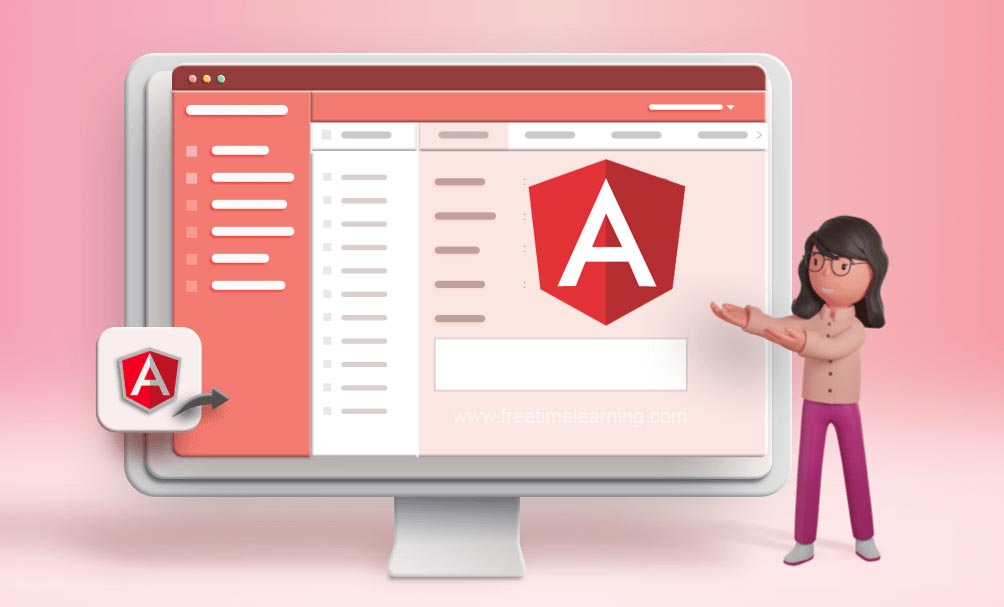Publisher : Free Time Learn

import { HttpClientModule } from '@angular/common/http';
@NgModule({
imports: [
HttpClientModule
]
})
export class AppModule { }import { HttpClient } from '@angular/common/http';
export class MyComponent {
constructor(private http: HttpClient) { }
}
import { HttpClient } from '@angular/common/http';
export class MyComponent {
data: any;
constructor(private http: HttpClient) {
this.http.get('path/to/data.json').subscribe(data => {
this.data = data;
});
}
}<div *ngFor="let item of data">
{{ item.name }}
</div>